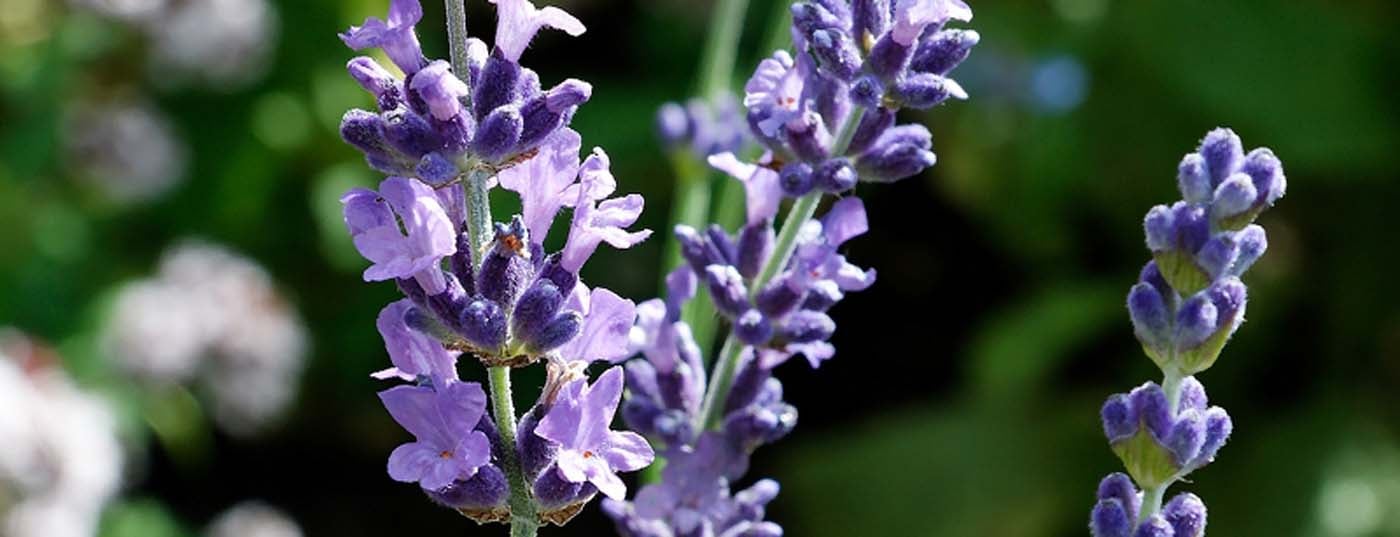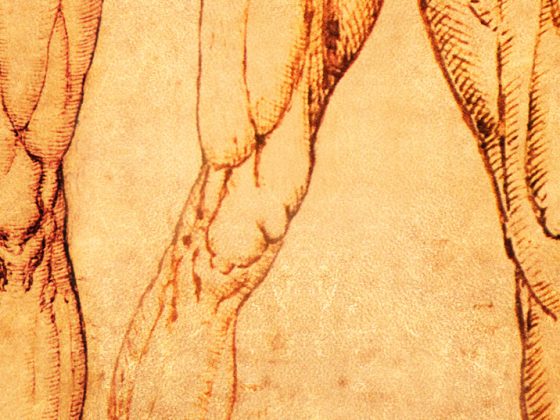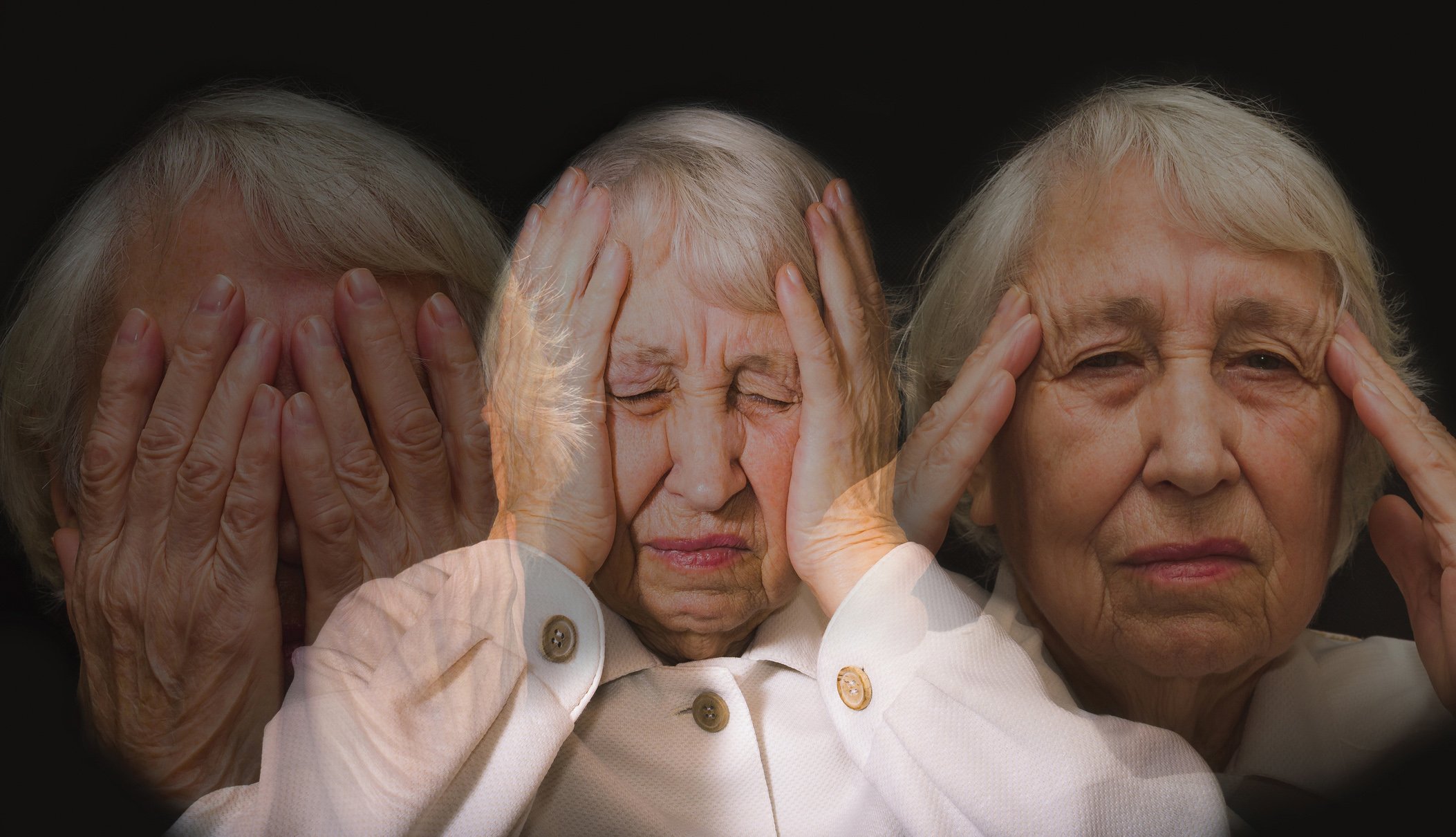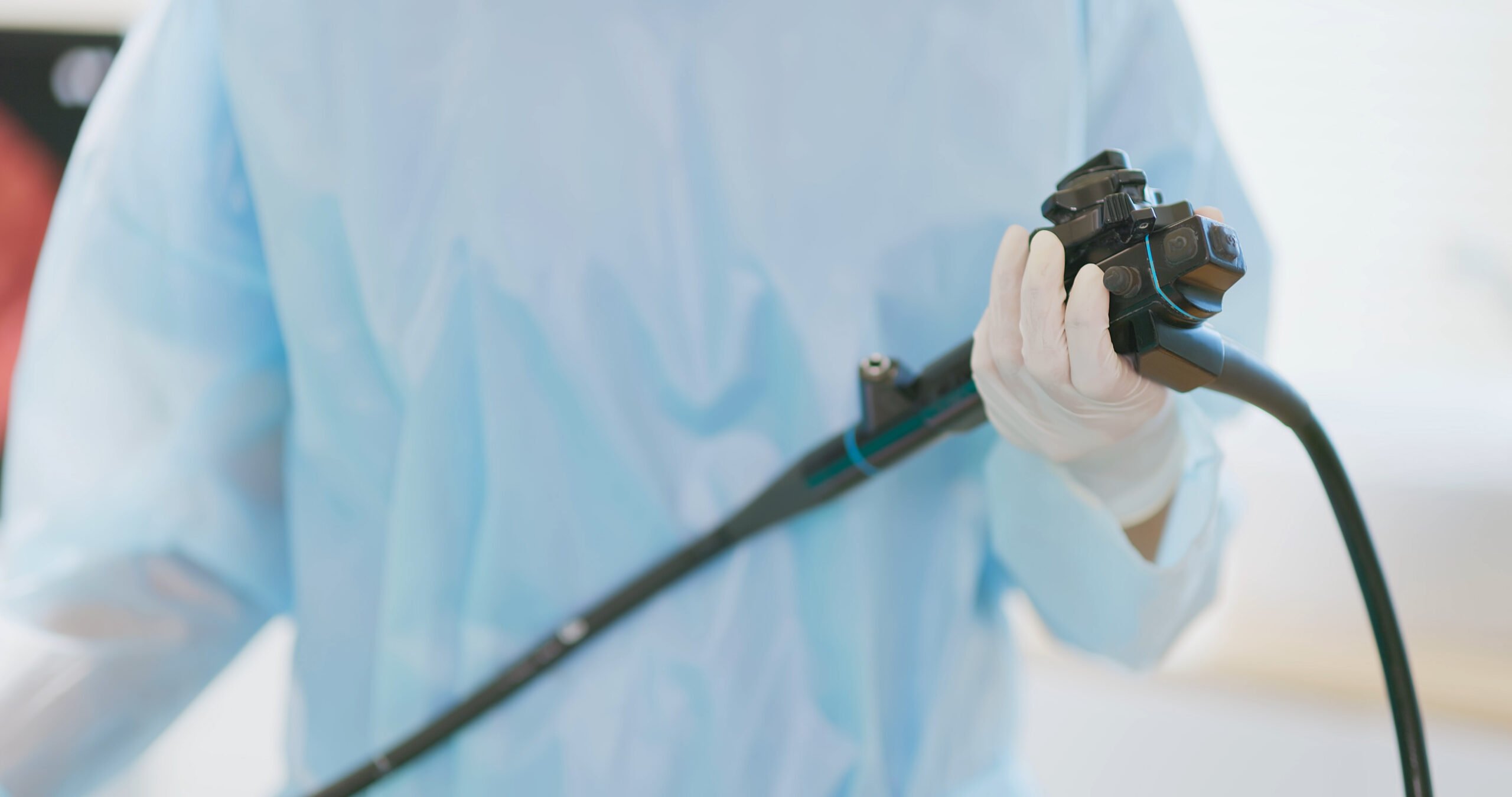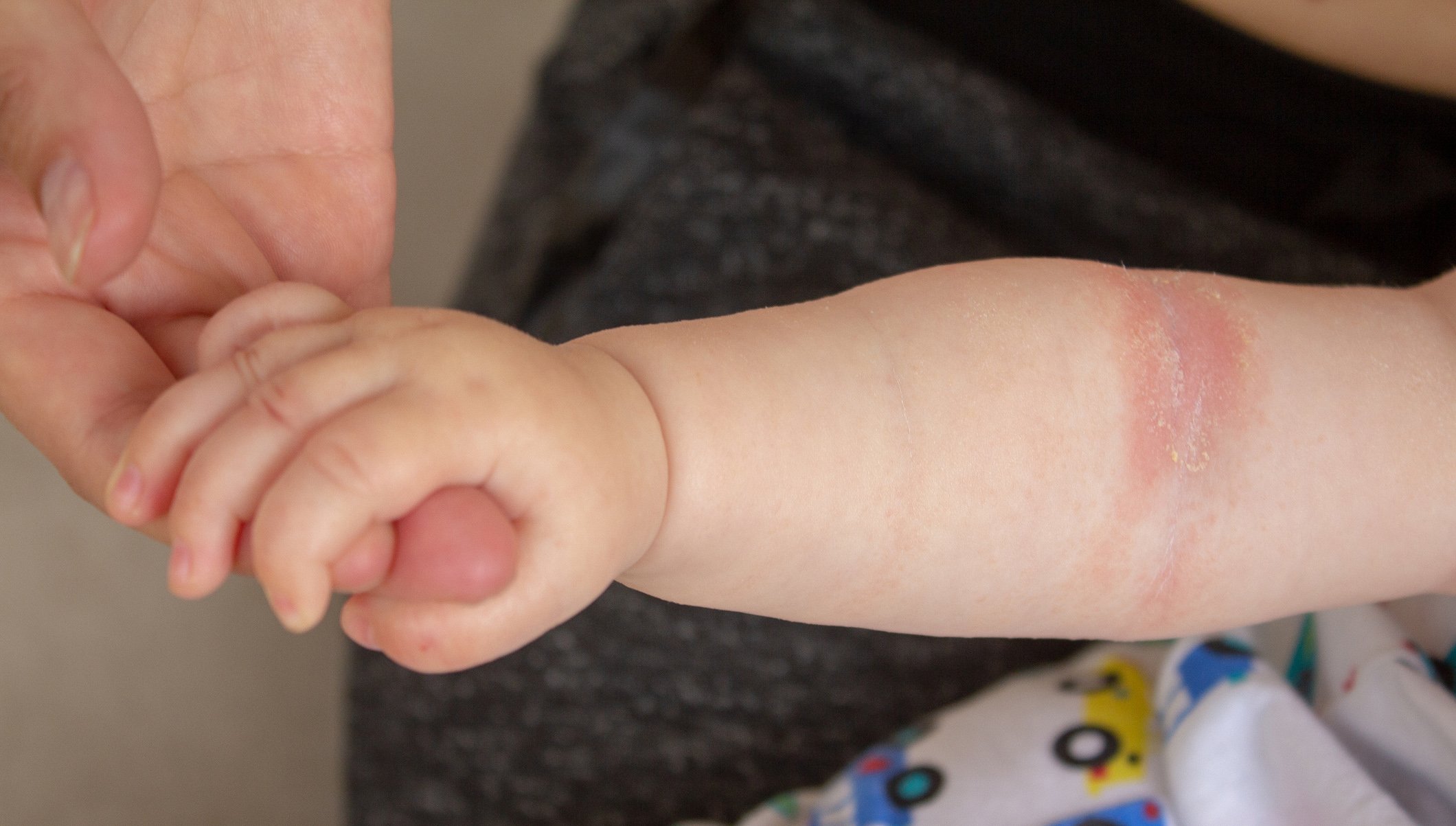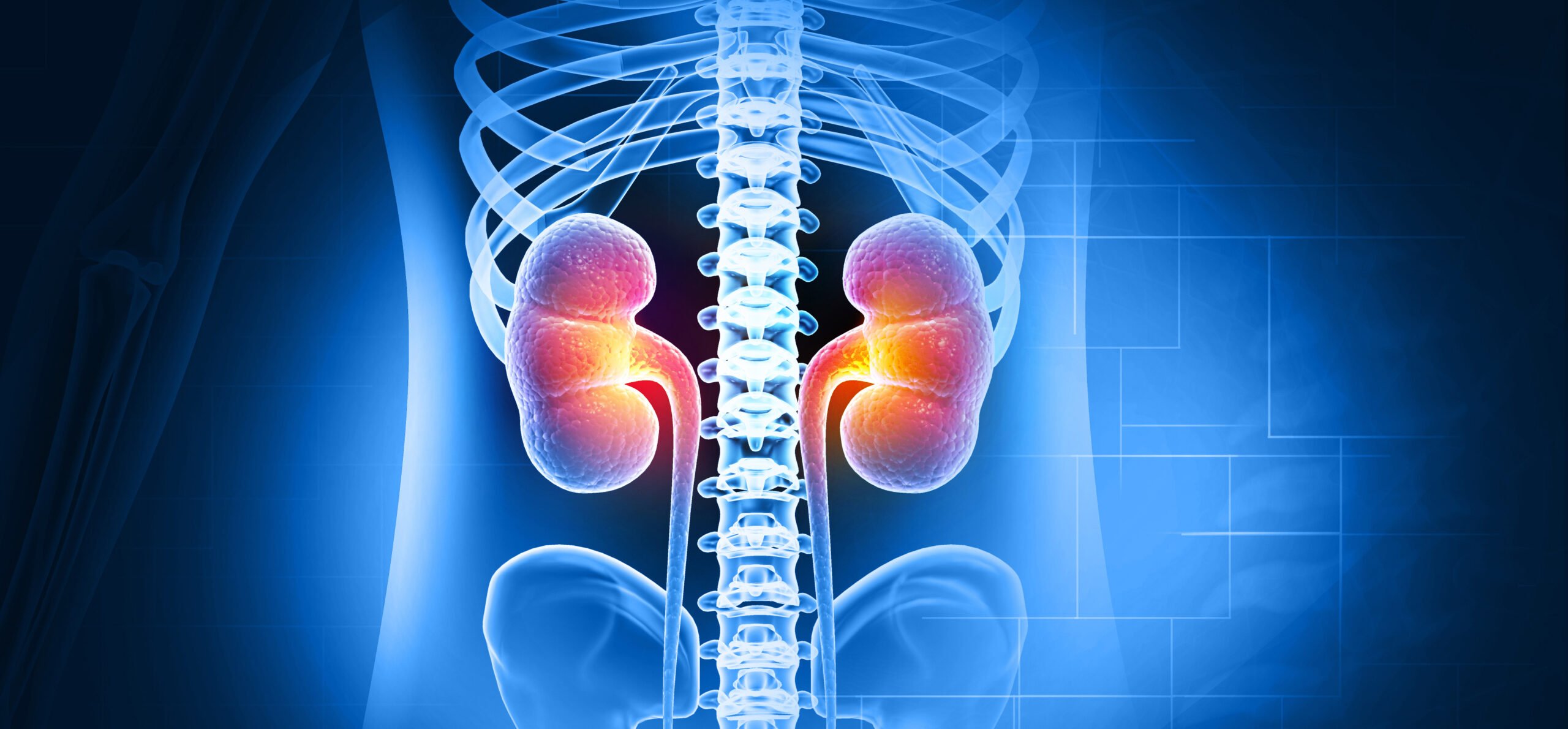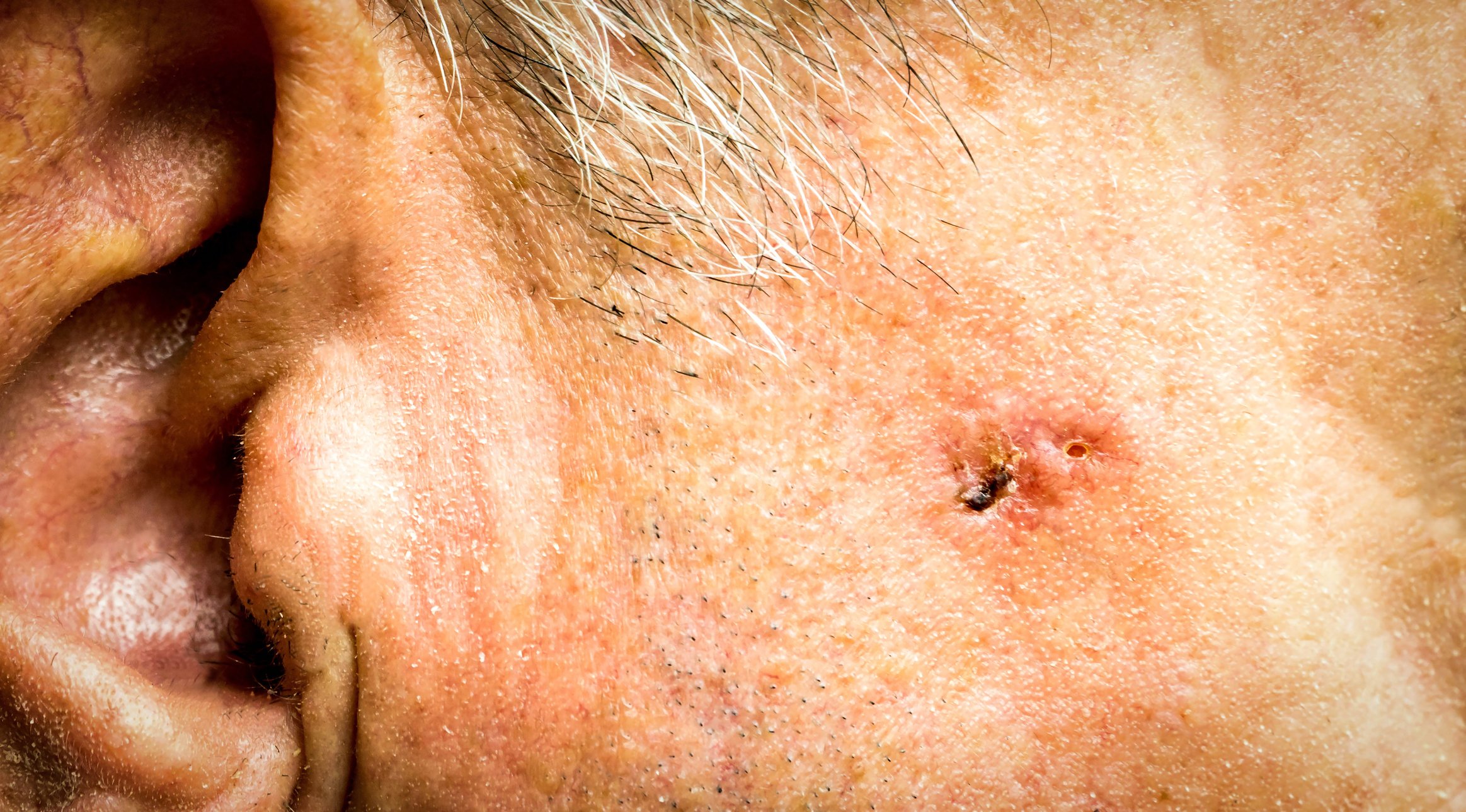For the treatment of restlessness, insomnia and anxious mood, nature has provided us with a number of medicinal plants that can be taken as tinctures or finished preparations. The efficacy of various preparations has been clinically documented.
For the treatment of nervousness and sleep disorders we find in nature a number of medicinal plants, some of which are known for centuries and are used in appropriate situations (Tab.1). The difference between a sedative and sleep-inducing effect is really just a matter of dosage or when to take it. In the past, sedative and sleep-inducing medicinal plants were taken as teas or tinctures. Today, the pharmaceutical industry also provides tablets, dragées and capsules for these applications, some of which contain standardized extracts. Many combination preparations are also offered, the composition of which often has a scientifically justified meaning. Pharmacological studies have shown, for example, that the valerian hop extract Ze 91019 (Table 2) both promotes sleep readiness and improves the sleep-wake rhythm [1]. The efficacy of Ze 91019 has also been clinically confirmed [2]. The combination preparation Ze 185 contains, among other things, a plague root extract, which is also said to have an anti-anxiety effect.
For a very large number of patients who seek medical help for nervousness and insomnia, a tincture of the medicinal plants listed in Table 1 or a preparation as listed in Table 2 could help. Benzodiazepines or other strong-acting psychotropic drugs do not always have to be prescribed.
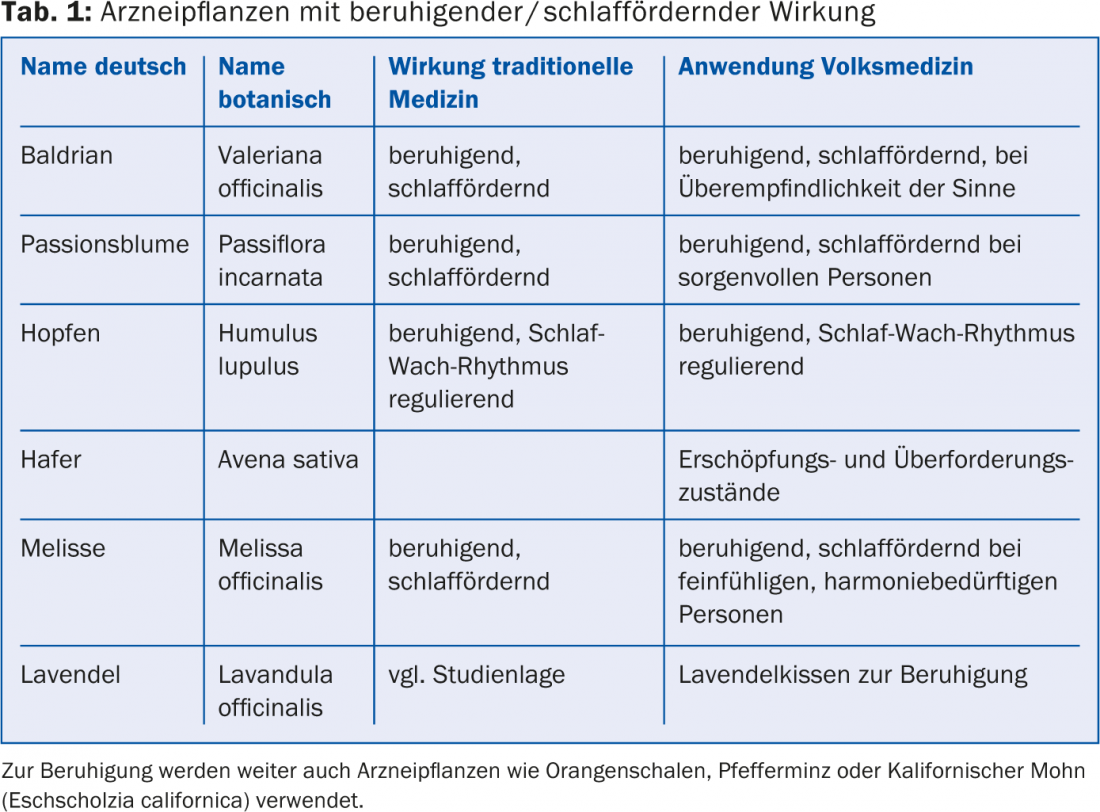
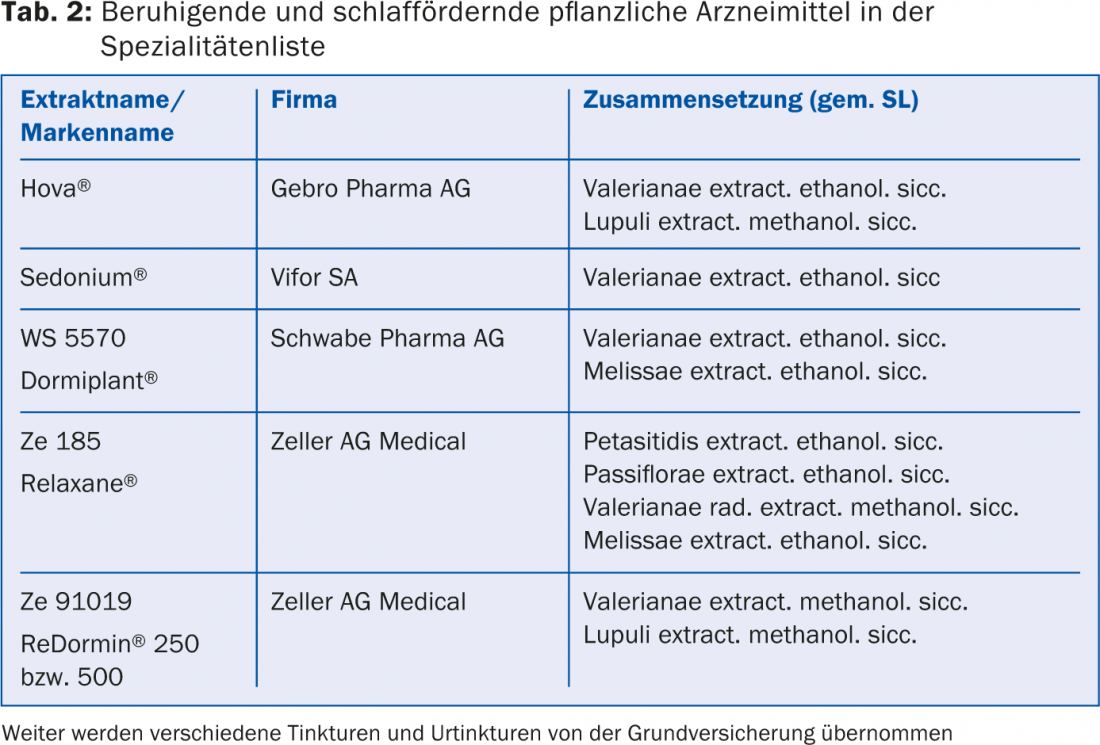
The kava ban
In the 1990s, herbal medicines based on extracts of kava, a West Ocean plant called Piper Methysticum, were registered and prescribed for anxiety. The feedback from patients was very positive and it was believed that a good substitute had been found for benzodiazepines with their great potential for dependence and other unpleasant side effects. Sales figures, especially of a kava preparation containing an acetonic kava extract, skyrocketed. But after the turn of the millennium, the crash occurred: between 1998 and 2000, reports of liver damage surfaced, all of which were linked to acetonic kava extract. Although the company concerned pointed out that some of the cases mentioned were poorly documented and could not be clearly attributed to its preparation, Swisssmedic issued a ban on the sale of the preparation in 2001. This ban was also imposed in other European countries, and in 2003 it was extended to all kava preparations, including alcoholic extracts. This was in contrast to the thousands of reports of incidents involving benzodiazepine preparations. In 2014, this kava ban was lifted again by a German court.
Lavender oil
After the kava ban, the treatment of anxiety with herbal medicines became quiet for a few years. However, preparations based on lavender oil from lavender (Lavandula officinalis) have been under discussion for some years (Fig. 1) . Lavender preparations have been used for a long time for calming purposes. The “lavender pillows” – bags filled with lavender flowers, which are placed next to the bed – have a long folk medicine tradition.
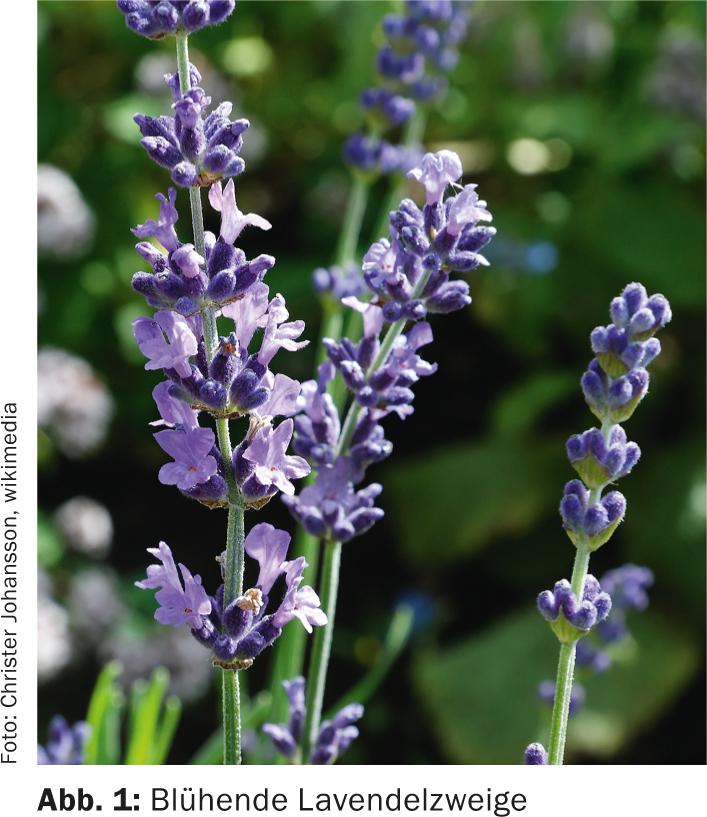
Studies
In recent years, several clinical studies have appeared documenting the efficacy of lavender oil preparations [1] for anxiety.
Woelk and Schläfke 2010: Woelk and Schläfke published a study in 2010 that compared efficacy versus lorazepam [3]. In this six-week study, patients with generalized anxiety disorder were treated with either a commercial preparation containing lavender oil or lorazepam. In both groups, the Hamilton Anxiety Scale improved from 25 at baseline (both groups) to 11.3 (lavender oil) and 11.6 (lorazempam).
Kasper et al. 2010: In the same year, another randomized, double-blind, placebo-controlled trial appeared [4]. 221 patients with anxious disorders were treated for ten weeks with either 80 mg daily of a lavender oil preparation or placebo. The benefit in the Hamilton anxiety scale was significantly better in the verum group compared with placebo (verum: -16.0; placebo: -9.5; p<0.01).
2013 review: Kasper also published a review in 2013 that evaluated five other studies in addition to the two discussed here [5]. This review also confirmed the effectiveness of lavender oil preparations in the treatment of anxiety disorders.
Summary
A number of medicinal plants are available for the treatment of restlessness and nervous insomnia, which can be taken as tinctures or standardized finished preparations. For the treatment of anxiety, preparations based on lavender oil have proven effective.
*No lavender oil preparation is approved in Switzerland at the moment. The approval process for such a preparation is underway.
Literature:
- Koetter U, Brattström A: A valerian-hops combination (Ze 91019) when used as a sleep inducing drug. Phytotherapy 2007; 3: 3-7.
- Koetter U, et al: A randomized, double blind, placebo controlled, prospective clinical study to demonstrate clinical efficacy of a fixed valerian hops extract combination (Ze 91019) in patients suffering from non-organic sleep disorder. Phytother Res 2007 Sep; 21(9): 847-851.
- Woelk H, Schläfke S: A multi-center, double-blind, randomised study of the Lavender oil preparation Silexan in comparison to Lorazepam for generalized anxiety disorder. Phytomedicine 2010; 17(2): 94-99.
- Kasper S, et al: Silexan, an orally administered Lavandula oil preparation, is effective in the treatment of subsyndromal anxiety disorder: a randomized, double-blind, placebo controlled trial. Int Clin Psychopharmacol 2010; 25(5): 277-287.
- Kasper S: An orally administered lavandula oil preparation (Silexan) for anxiety disorder and related conditions: an evidence based review. Int J Psychiatry Clin Pract 2013 Nov; 17(Suppl. 1): 15-22.
HAUSARZT PRAXIS 2014; 9(11): 8

